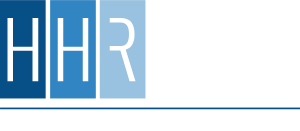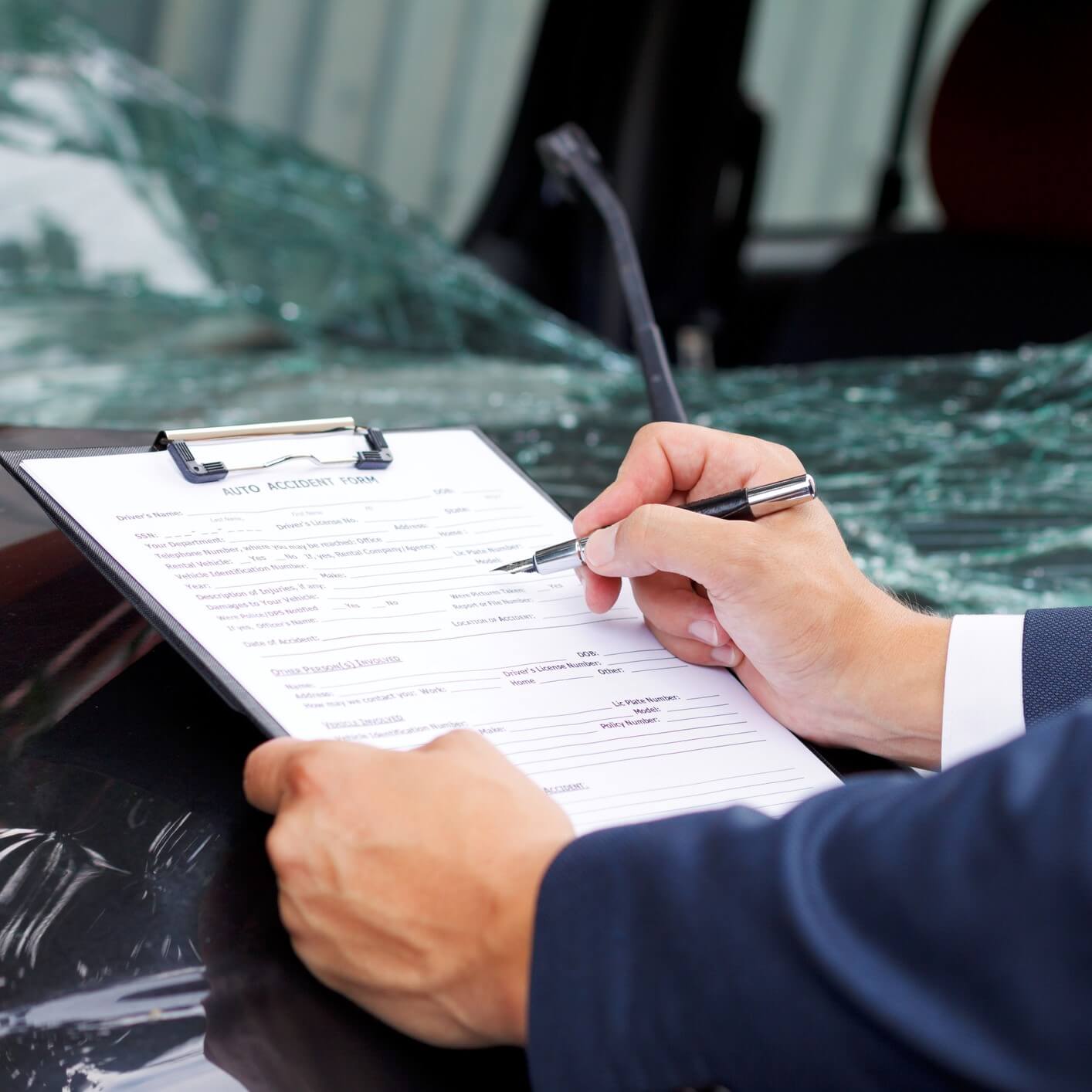One of the most critical parts of a trial is the discovery process. During this time, each party takes the time to investigate the case, collect the necessary evidence, and other matters about the accident and the cause of the injury. Before discovery begins, it is important to know that there are limits in the process regarding which information may be subpoenaed and which items may be considered classified.
Privileged information is protected from being used as evidence; for instance, a plaintiff’s prior medical history usually isn’t used as evidence unless the defendant convinces the judge that it is relevant to the current case. A typical insurance tactic is to convince claimants to surrender all of their medical history voluntarily to get around that rule. There are multiple types of discovery that may be used by either party to build a case, but there are also instances of defendants using discovery as a way to delay trial.
Types of Discovery
- Requests for Admissions: Typically, this involves the parties requesting the other to admit or deny specific questions that have been carefully worded. These questions or facts will relate to the accident and may be used to prove liability in the case.
- Requests for Production: One of the parties can request the other to produce evidence or other documents regarding the accident. This is typically how each party obtains the most amount of information they will use in the case.
- Depositions: This is the time for the parties to take live testimonials from various witnesses and the parties involved before the trial starts. The testimony is done under oath and is typically done in the attorney’s office with both parties’ representatives present.
- Interrogatories: While requests for admissions ask fact-related questions, interrogatories involve more open-ended questions. It is often a complicated process, and some locations will limit the number of interrogatories each party can ask of the other.
How Defendants Use Discovery to Harm a Plaintiff’s Case
When a plaintiff’s case goes to trial, it’s typically because there’s a belief that the plaintiff can receive more compensation through the trial process than the settlement offered by the insurance company. However, plaintiffs also need compensation quickly to cover medical expenses and lost income.
Insurance companies and defendants know this.
They know that if they delay discovery, it forces the trial to last longer and causes more hardships on the plaintiff. They hope that by delaying the process, they can get the victim to agree to the lesser settlement because of the urgency behind receiving compensation.
It is important for plaintiffs to work with skilled personal injury lawyers who can help explain their rights and seek to get through the discovery process quickly and seek justice on their behalf. Don’t let insurance companies and defendants take advantage of your rights.


